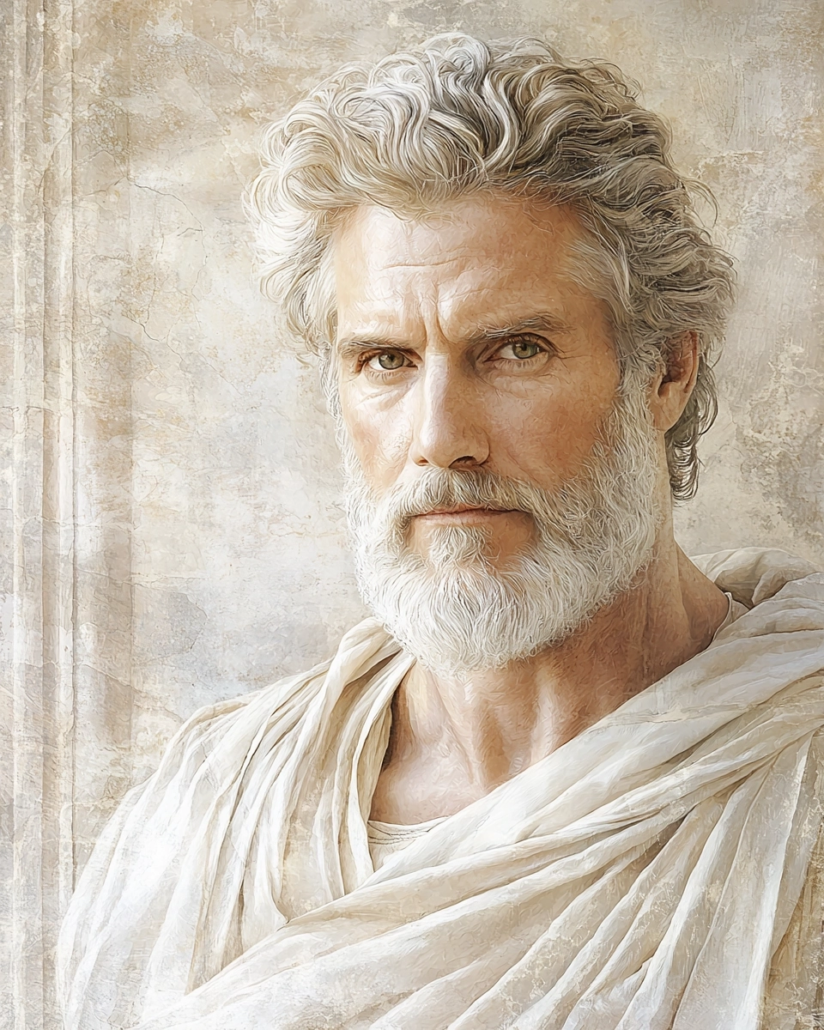Dionysius of Cyrene: Stoic Wisdom and Legacy 🌟
Life and Teachings
Dionysius of Cyrene (born c. 4th century BCE) was a prominent philosopher associated with early Stoicism. He is best known for his contributions to discussions on virtue and happiness, emphasizing the critical role of reason in achieving a fulfilling life. His teachings laid the groundwork for key Stoic principles.
Historical Context and Influence
Dionysius was born in the ancient city of Cyrene, a hub of intellectual and philosophical activity. As a philosopher, he engaged deeply with the emerging Stoic school, contributing to its exploration of ethics and the human condition. His ideas influenced both his contemporaries and later thinkers in the Stoic tradition. Deepen: Wikipedia
Why are his teachings and views so valuable?
Dionysius’ focus on self-control and the pursuit of inner peace resonates deeply in today’s fast-paced world. His philosophy encourages individuals to live in harmony with nature and prioritize moral integrity over external success. These timeless principles continue to inspire those seeking balance and resilience. Read more: Stoicism in Everyday Life
Key Teachings
Central to Dionysius’ philosophy is the belief that happiness arises from virtue, achieved through the application of reason and self-mastery. He argued that external circumstances are irrelevant to inner tranquility if one’s moral compass remains steady. His views deeply shaped Stoic thought.
Legacy
- “Dionysius inspired not only his direct students but also pivotal Stoics like Zeno of Citium and Chrysippus.”
- “His ethical reflections helped establish core Stoic doctrines.”
- “Later philosophers, such as Seneca and Epictetus, echoed his emphasis on virtue and self-discipline.”
Stoic cardinal virtues that he embodied
- “Wisdom – Guiding actions through reason and knowledge.”
- “Justice – Upholding fairness and moral duty toward others.”
- “Courage – Persevering in the face of adversity.”
- “Temperance – Exercising self-restraint and moderation.”
Quotes attributed to him
- “True happiness lies in virtue, not in possessions.”
- “The wise man remains unshaken by external circumstances.”
- “Freedom belongs only to those who control themselves.”


